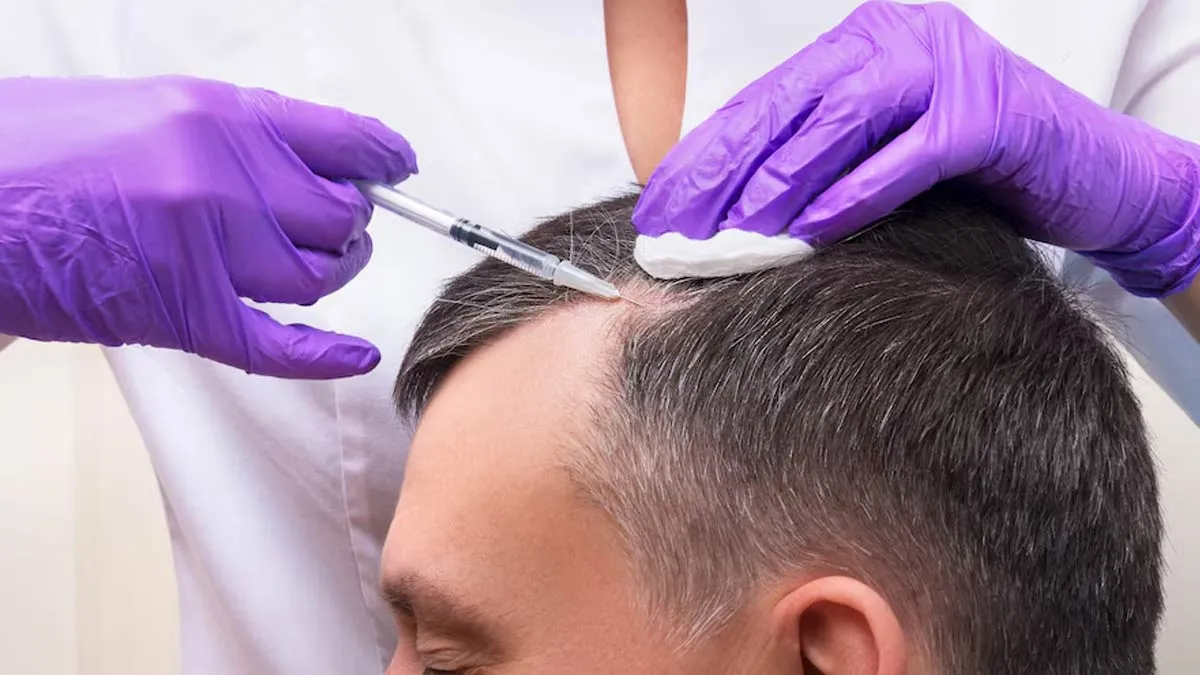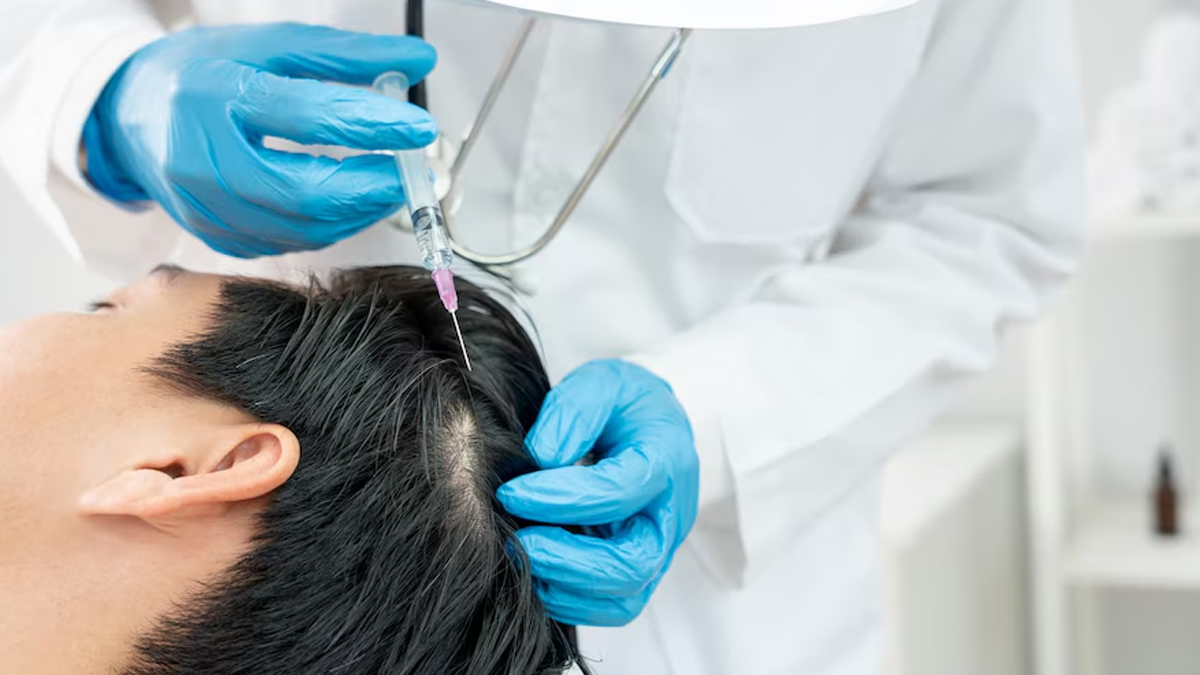
It's a story that sends shivers down the spine. A 37-year-old man, Vineet Kumar Dubey, who worked as an assistant engineer, tragically passed away six months after getting a hair transplant. His wife, Jaya Tripathi, is now claiming that the doctor who performed the procedure was negligent. Police in Kanpur are looking into the case to understand what happened.
Table of Content:-
According to Mrs Tripathi, she got a worrying call on the morning of March 14th. The person on the other end told her that Mr Dubey's face was swollen and that he was being taken to a hospital. But then, the call suddenly ended. When she tried to call back, the phone was off. She also tried to reach the doctor who did the hair transplant, but his phone was also unreachable.
This sad incident brings to light the importance of understanding the risks involved in any medical procedure, even something that might seem as simple as a hair transplant. While many people successfully undergo hair transplants and are happy with the results, it's crucial to be aware that complications can occur.
What are the Risks of Hair Transplants?
Like any surgery, hair transplants come with potential risks. These can include:
- Infection: The scalp can become infected after the procedure.
- Bleeding: Excessive bleeding might occur during or after the surgery.
- Scarring: While doctors try to minimize scarring, some level of scarring is possible.
- Swelling and Pain: It's common to experience swelling and pain in the scalp after the transplant.
- Numbness: Temporary or even permanent numbness in the treated area can happen.
- Poor Hair Growth: Sometimes, the transplanted hair might not grow as expected.
- Folliculitis: This is an inflammation of the hair follicles that can look like pimples.
- Reactions to Anesthesia: Although rare, there's always a risk of an adverse reaction to the anesthesia used during the procedure.
- Blood Clots: In very rare cases, blood clots can form, which can be dangerous.
Also Read: Suriya Opens Up About His Diet And Fitness Secrets For Six-Pack Abs At 49 In Kanguva

How to Take Precautions Before a Hair Transplant
To minimise the risks, it's vital to take certain precautions:
1. Choose a Qualified and Experienced Doctor
This is the most important step. Research the doctor's credentials, experience, and patient reviews thoroughly. Don't hesitate to ask for before-and-after photos of their previous work.
2. Have a Detailed Consultation
Before the procedure, have an in-depth discussion with the doctor. Ask about the procedure itself, the potential risks, and what to expect during recovery. Make sure all your questions are answered clearly.
3. Disclose Your Medical History
Be honest about any existing health conditions, allergies, or medications you are taking. This information is crucial for the doctor to assess if you are a suitable candidate for the procedure and to take necessary precautions.

4. Understand the Recovery Process
Know what to expect after the surgery and follow the doctor's instructions carefully. This includes how to care for your scalp, what activities to avoid, and when to come for follow-up appointments.
5. Ask About Emergency Protocols
It's wise to ask the clinic about their emergency protocols in case any complications arise during or after the procedure.
6. Be Realistic About Expectations
Understand that hair transplant results vary from person to person. Discuss realistic expectations with your doctor.
Bottomline
By being informed and taking necessary precautions, individuals can significantly reduce the chances of complications and ensure their safety. The ongoing investigation will hopefully shed light on the circumstances surrounding this unfortunate event and help prevent similar tragedies in the future.
Also watch this video
How we keep this article up to date:
We work with experts and keep a close eye on the latest in health and wellness. Whenever there is a new research or helpful information, we update our articles with accurate and useful advice.
Current Version
